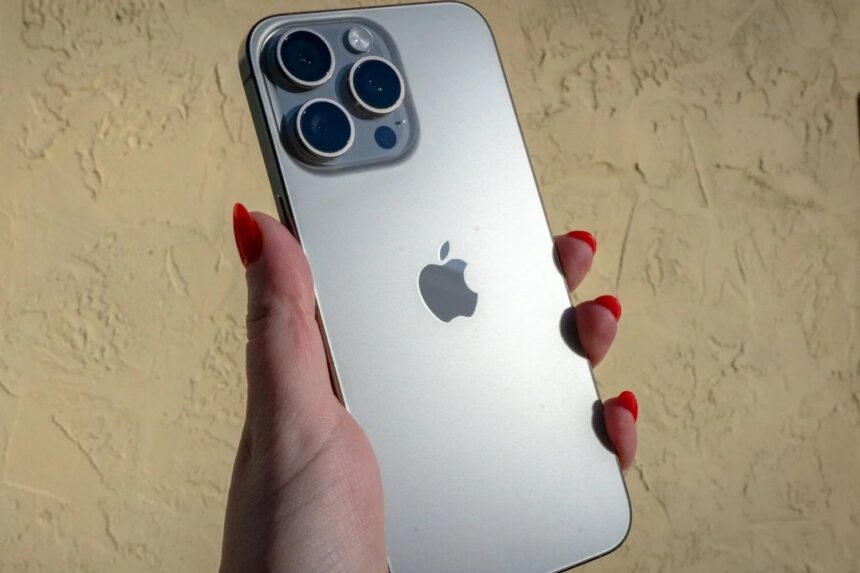I have a unique lifestyle, constantly shuffling between different smartphone platforms. I wish sharing files between Apple and Android devices was easier, so my ears perked up when I saw the EU Commission asking Apple to open up AirDrop.
Under the guise of promoting “effective interoperability” within the smartphone industry through the Digital Markets Act (DMA), the European Commission is asking Apple to open the gates of its walled garden a little more so that Android users and anyone else who wants access can periodically play inside. The commission writes:
“The preliminary findings in the first specification proceedings outline the proposed measures the Commission considers Apple should implement to effectively comply with its interoperability obligations in relation to several iOS connectivity features, predominantly used for and by connected devices. These can be notifications, automatic Wi-Fi connection, AirPlay, AirDrop, or automatic Bluetooth audio switching.”
This proposal was initially made in September, but today, the European Commission is more specific about what it wants to open up. It mentions notifications, Wi-Fi connectivity, Bluetooth audio switching, and AirDrop, the Apple ecosystem’s major claim to fame and most proprietary offering.
In its “interoperability” report, Apple responded, “It’s getting personal.” The company alleges that the DMA’s suggestions will open up its platform in a way that puts “users at risk, requiring them to open their devices—and their most sensitive data—to companies with a track record of violating their privacy.”
The company explicitly calls out Meta and its properties in the PDF published on Apple’s developer website, which you can read in full:
“If Apple were to have to grant all of these requests, Facebook, Instagram, and WhatsApp could enable Meta to read on a users device all of their messages and emails, see every phone call they make or receive, track every app that they use, scan all of their photos, look at their files and calendar events, log all of their passwords, and more. This is data that Apple itself has chosen not to access in order to provide the strongest possible protection to users.”
Apple insists that it lets its users decide whether or not to share certain information required for a particular user experience. It says that what the DMA asks for could result in companies like Meta gaining “unfettered access to users’ devices and their most personal data.” Apple says Meta has requested access to features like AirPlay, App Intents, CarPlay, iPhone Mirroring, and the Continuity Camera.
Apple is fantastic at marketing itself as a company that cares first and foremost about its users. I don’t particularly like opening Android to every third-party player, either. I’m convinced that if we all stay in separate lanes, we’ll be fine and more secure.
But this seems like something Apple could cede to, in a way. For instance, Android uses Google Cast and Quick Share to shuffle streaming and files between devices. I don’t necessarily need access to AirPlay and AirDrop, the Apple platform’s equivalents, to get that experience. I need Apple to allow that kind of third-party usage. Most streaming apps, even on iOS, already default to Google Cast if they find there are devices available on a network.
The EU Commission’s next steps are to “carefully assess” the feedback Apple and other “interested parties” have provided. It has about six months to consider all this and determine how Apple should comply in a way it deems fair to all users. I’m personally curious to see how this ends up. If it means an easier time sending photos to an Android device, I may have difficulty seeing it from Apple’s point of view.
Read the full article here












